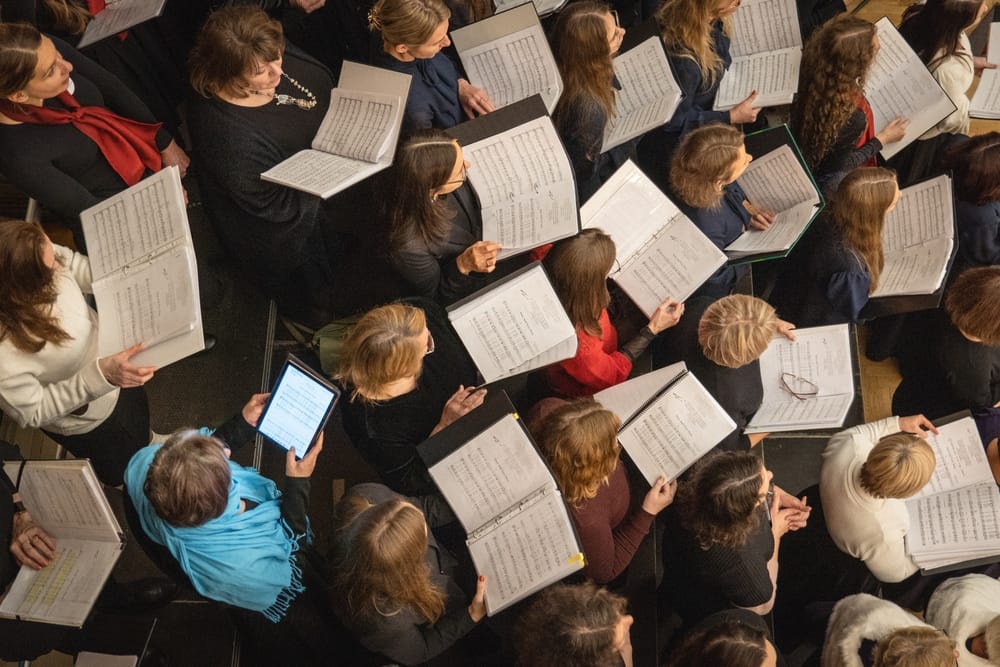
Punish no more
A life uprooted
He was only four when he first stepped off the plane in Australia, clutching his mother’s hand, wide-eyed and unsure. He grew up with an Aussie accent, went to local schools, played backyard cricket, and never once thought of himself as anything but homegrown. Later he fell in love, started a family, and became a father of two. But when addiction crept in quietly — first drinks, then pills, then harder substances — things began to unravel. Arrests followed, and eventually, an 18-month prison sentence.
Then came the blow he never saw coming: his visa was cancelled under Section 501 of the Migration Act. Despite living almost his entire life in Australia, he was deported to New Zealand — a land he could not remember. Now he walks the streets of Auckland, cut off from his children, grieving a dying father he cannot visit, his home and family left behind.
"His home, his family, his identity — all left behind."
This story is fictional, but it reflects the experiences of many 501s I’ve met through my work in mental health, addiction, homelessness, and community support services.
Systemic barriers to reintegration
For many 501 returnees, their criminal history in Australia may not be immediately visible within New Zealand systems. That background can surface only after a criminal incident occurs here. However, without support, many can end up reoffending in NZ which can have serious implications — not only legally, but also in terms of employment, housing, and community integration. When disclosure is necessary, their history can carry a significant psychological and social burden.
Someone once told me, ‘It’s not that I don’t want to do better. It’s just that everything feels set up for me to fail.
"Many slip through the cracks and end up unhoused or relapse into addiction."
Addiction and survival
Addiction is often central to these struggles. Without safe housing, without stability, recovery feels out of reach. I’ve seen people relapse not because they lack willpower, but because survival demands it. When you are cold, hungry, or unsafe, substances can feel like the only coping strategy.
Services are stretched thin. Long waiting lists, overwhelmed providers, and transport barriers make treatment access almost impossible for people without stable shelter. Housing placements can be unsafe — sometimes placing people alongside those who actively threaten their recovery. The streets can feel like the lesser evil, with some choosing to be unhoused.
"Risky behaviours and criminal activity may follow — not from lack of willpower, but from the pressures of simply getting by."
The challenge of access
Even when support exists, it can feel out of reach. Many 501s don’t have phones or internet when they first arrive. A number to call, a website to check — these are useless when you don’t have the means. I’ve met people desperate for support who couldn’t bridge that basic gap. A dedicated service tailored to 501s could help fill this void, meeting people where they are instead of where the system expects them to be.
"Having information readily available is not the same as having information accessible."
Finding cultural connection
For many returnees, deportation is a culture shock. Even with the similarities between Australia and New Zealand, they are still two distinct countries. Yet, I’ve also seen Māori returnees reconnect with whakapapa in powerful ways — through kapa haka, te reo, and taha whānau. One man told me that losing everything forced him to search for belonging in a way he never had before. For him, cultural connection became a turning point.
"These cultural supports offer belonging and healing in the face of immense loss."
What needs to change
The stories of 501s are not just about crime and punishment — they are about identity, belonging, and the human cost of bureaucratic decisions. Sometimes our returning whānau were raised in Australia, deported to a land they barely know and expected to reintegrate with little support.
Reintegration requires more than punishment — it requires stability, safety, and dignity. That means real investment in housing, addiction treatment, and cultural supports. It means recognising the trauma of deportation and building pathways that allow people to reconnect and rebuild.
A dedicated reintegration service for 501s could provide:
- Immediate housing and food support upon arrival.
- Cultural orientation and connection programmes, particularly for Māori and Pasifika.
- Timely access to mental health and addiction services.
- Employment support and legal advocacy.
- Community mentorship and peer networks.
- Support for maintaining connections with family in Australia.
"Reintegration requires more than punishment — it requires stability, safety, and dignity."
Call to action
We must move beyond punitive models and toward restorative ones. Rehabilitation and reintegration are not just moral imperatives — they reduce reoffending, improve public safety, and uphold human dignity.
The 501s are not just numbers — they are people. People who have lived, loved, struggled, and tried. People who deserve a chance to heal and belong. Their stories reflect the cracks in our systems and the urgent need for reform.
"The 501s are not just numbers — they are people. People who deserve a chance to heal and belong."
It is time for Aotearoa to do better — not just for them, but for the kind of society we aspire to be: one that values compassion, justice, and second chances.


